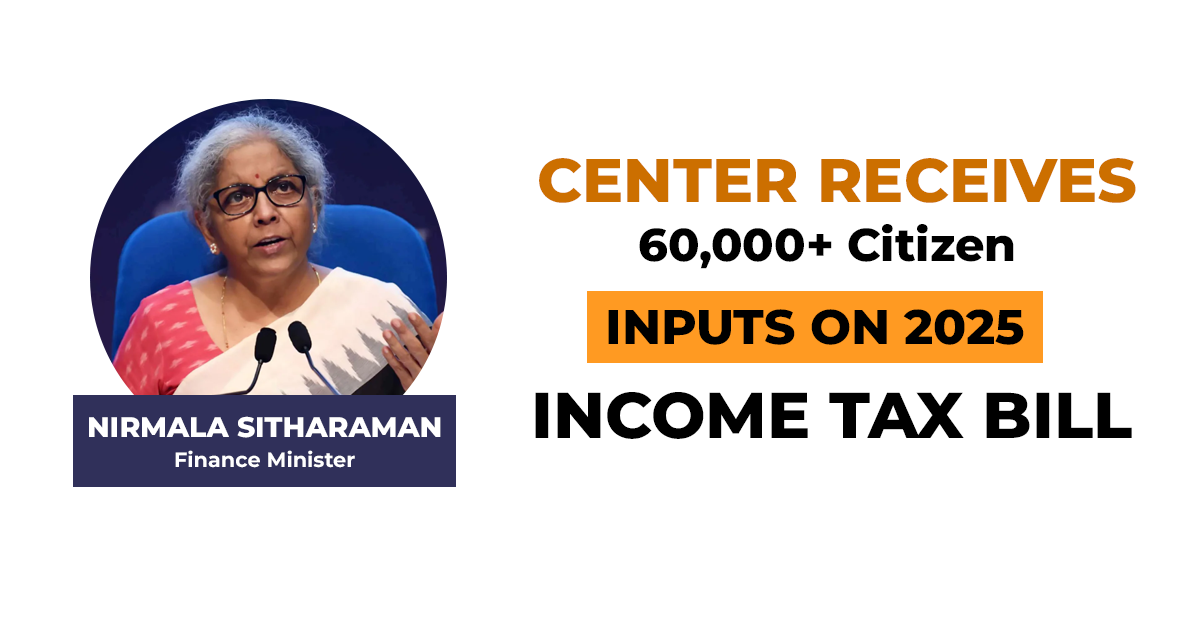
Concerning the new income tax bill 2025, the central government has received more than 60,000 inputs from citizens, as per the Union Finance Minister Nirmala Sitharaman.
The Finance Minister addressing an after-budget event has mentioned the review of the Income Tax Act 1961 is an influential element of Prime Minister Narendra Modi’s principle of ‘Jan Bhagidari.’
“The government’s emphasis post-Covid-19 pandemic has been to allocate funds for public expenditure in capital building. The perception that the focus has shifted from expenditure to consumption is not correct. Capital expenditure (Capex) has been enhanced, and simultaneously, we’ve provided relief in Personal Income Tax,” she expressed.
Last week in the Lok Sabha she introduced the new income tax bill 2025 as part of the tax reforms to ease the provisions so that they are simpler to comprehend and lessen the scope for the statutory disputes.
Also, the Finance Minister thanked PM Modi for being thoughtful in furnishing relief to taxpayers earning up to Rs 12 lakh per annum.
She cited that “We are committed to the fiscal deficit path set in the July Budget, aiming for below 4.5 percent.”
The motive of the reforms is to enhance manufacturing, rectify the ease of doing business, and improve social infrastructure are all being maintained.
Read Also: Finance Ministry Restricts AI Tools Like ChatGPT & DeepSeek Over Data Security Risks
“We won’t stop with that. The momentum of reforms shall continue. Newer areas are also being opened up, and that’s why, in the last two years, we have seen investment in the space sector, nuclear sector, etc.,” the Finance Minister stresses.
She added, “I expect that even state governments will come forward to promote the Ease of Doing Business.”
Sectoral allocations are not been reduced under the budget and the effective capital expenditure for the forthcoming financial year is approximated at Rs 19.08 lakh crore, as per the FM Sithraraman.
It was cited by the FM that the effective capital expenditure performs 4.3% of GDP in the budget for 2025-26 and the financial deficit is 4.4%.









